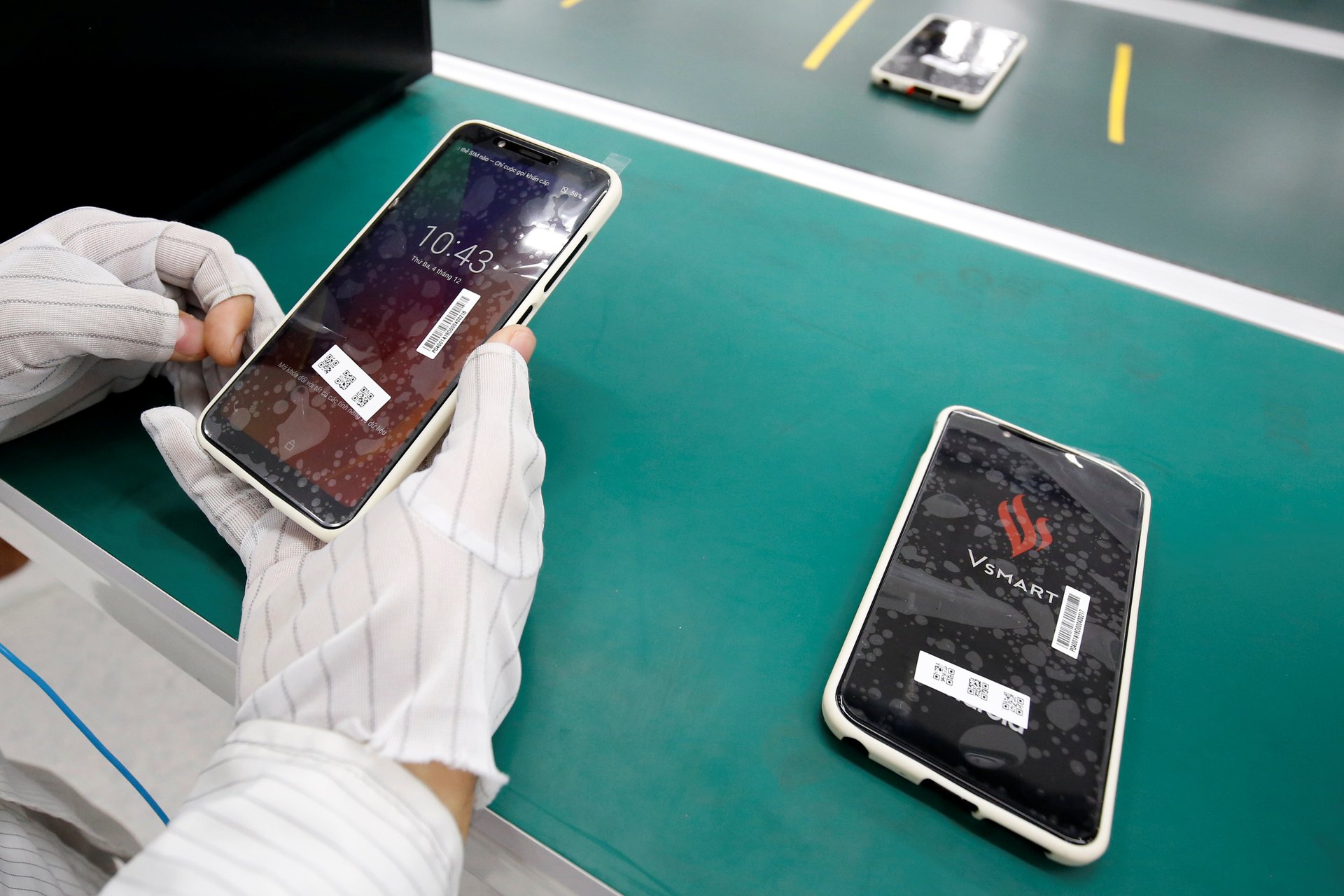It’s about to get much more expensive to make your smartphone
The Democratic Republic of Congo (DR Congo)—the world’s largest producer of cobalt—has slammed a three-fold increase on royalties paid for the mineral.


The Democratic Republic of Congo (DR Congo)—the world’s largest producer of cobalt—has slammed a three-fold increase on royalties paid for the mineral.
A government decree has declared cobalt, coltan and germanium—all used in producing smartphones—as “strategic” mineral resources prompting the royalty increase, despite opposition from leading cobalt mining companies who claim the tax hike will deter further investment.
The hike comes amid ongoing high demand for cobalt as the mineral forms a major component of lithium-ion batteries used in smartphones and electric cars. That demand is not expected to diminish as electric car and smartphone markets continue to grow.
Smartphone giants Apple and Samsung have already made moves to secure long-term cobalt supply from DR Congo, which produces around 60% of global cobalt supply. But the companies will also be wary of ensuring their suppliers are not that committing human rights abuses such as using child miners or offering terrible working conditions. Indeed, the Responsible Cobalt Initiative has been set up with signatories obligated to ensure their suppliers are working within ethical guidelines. Working in DR Congo’s chaotic mining industry also means enduring political instability, and conflict in pockets of the country. It’s a factor that’s increasingly driving investors to seek alternative cobalt sources in Canada and Europe.
DR Congo’s dominance of cobalt supply has proven a cash-cow for the government as the surge in demand for the mineral has had a knock-on effect on its price. Regardless though, increasing taxes suggests DR Congo is seeking an even larger slice of revenues earned from the ongoing boom.
It’s a move that certain to raise eyebrows given the long-running allegations of corruption against Gécamines, the state-owned mining company. Investigative reports have suggested that much of DR Congo’s mining revenues are siphoned to private pockets with “as little as 6%” of DR Congo’s annual mining exports funding the national budget. For its part, Gécamines has strongly pushed back against what it described as “outrageous and systematic allegations” of corruption by non-profit organizations with a report of its own released last week.
While it admitted claims that the country’s mining sector does not contribute as much wealth as it should to the country are “correct,” it said explanations provided by non-profits that have conducted these investigations are “false” and “voluntarily biased” to serve economic and political interests that frown on nations who choose to “decide the independent exploitation of the wealth of their country.”
Sign up to the Quartz Africa Weekly Brief here for news and analysis on African business, tech and innovation in your inbox